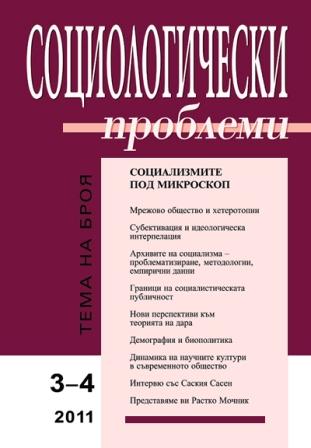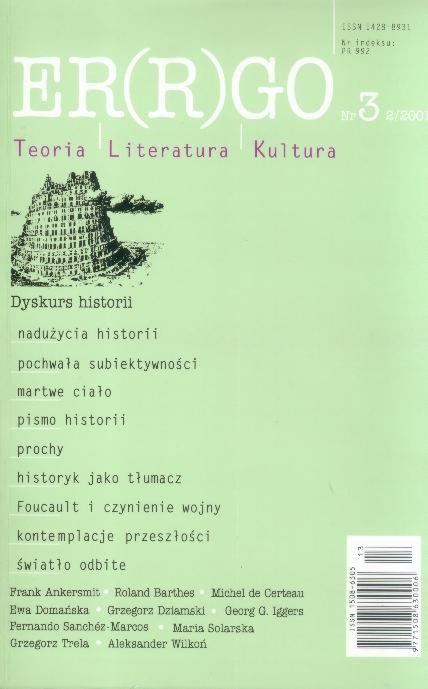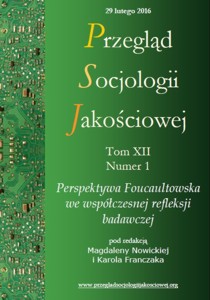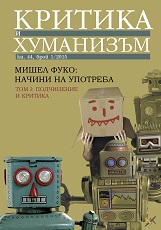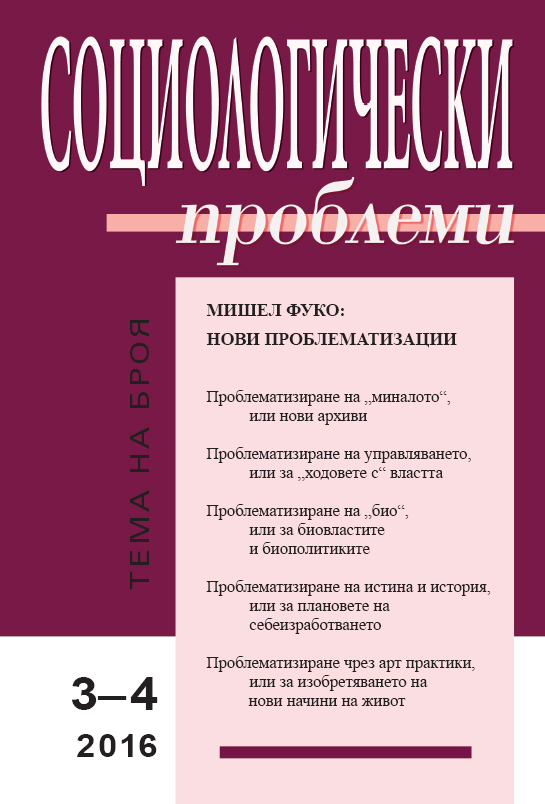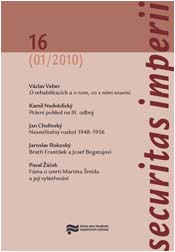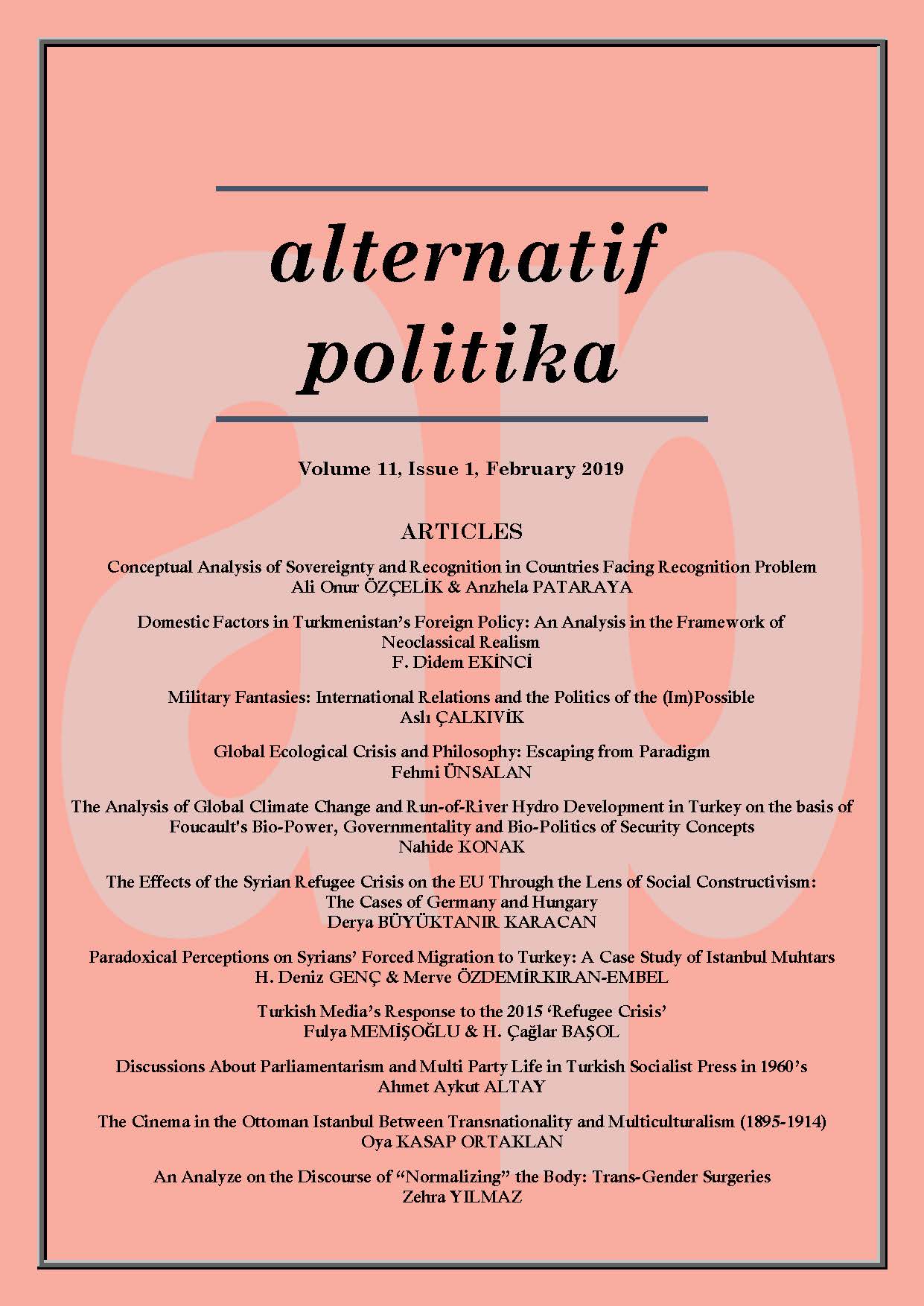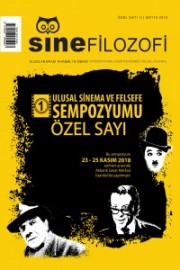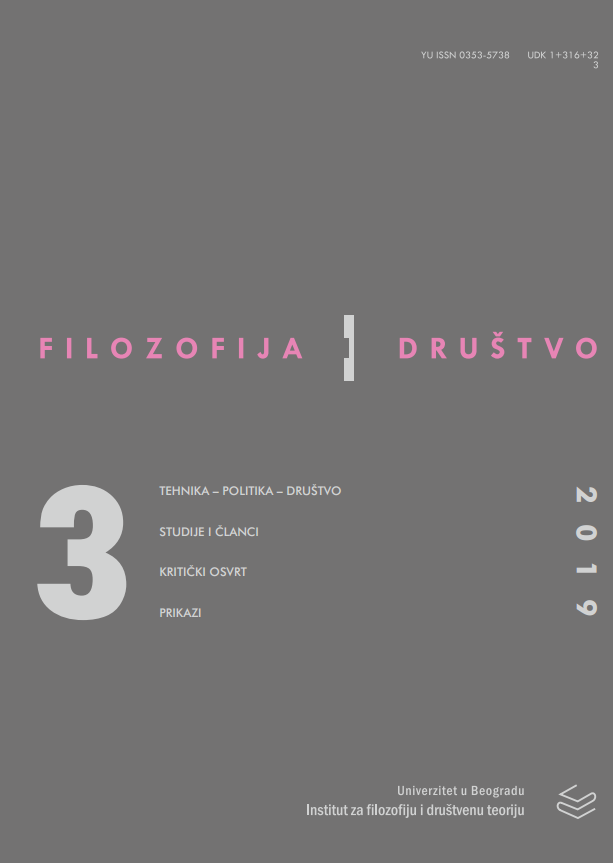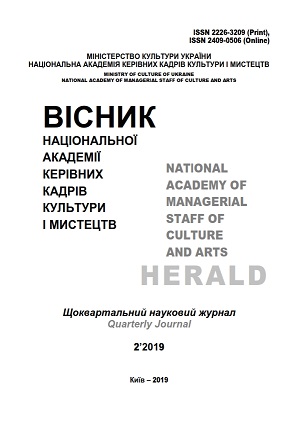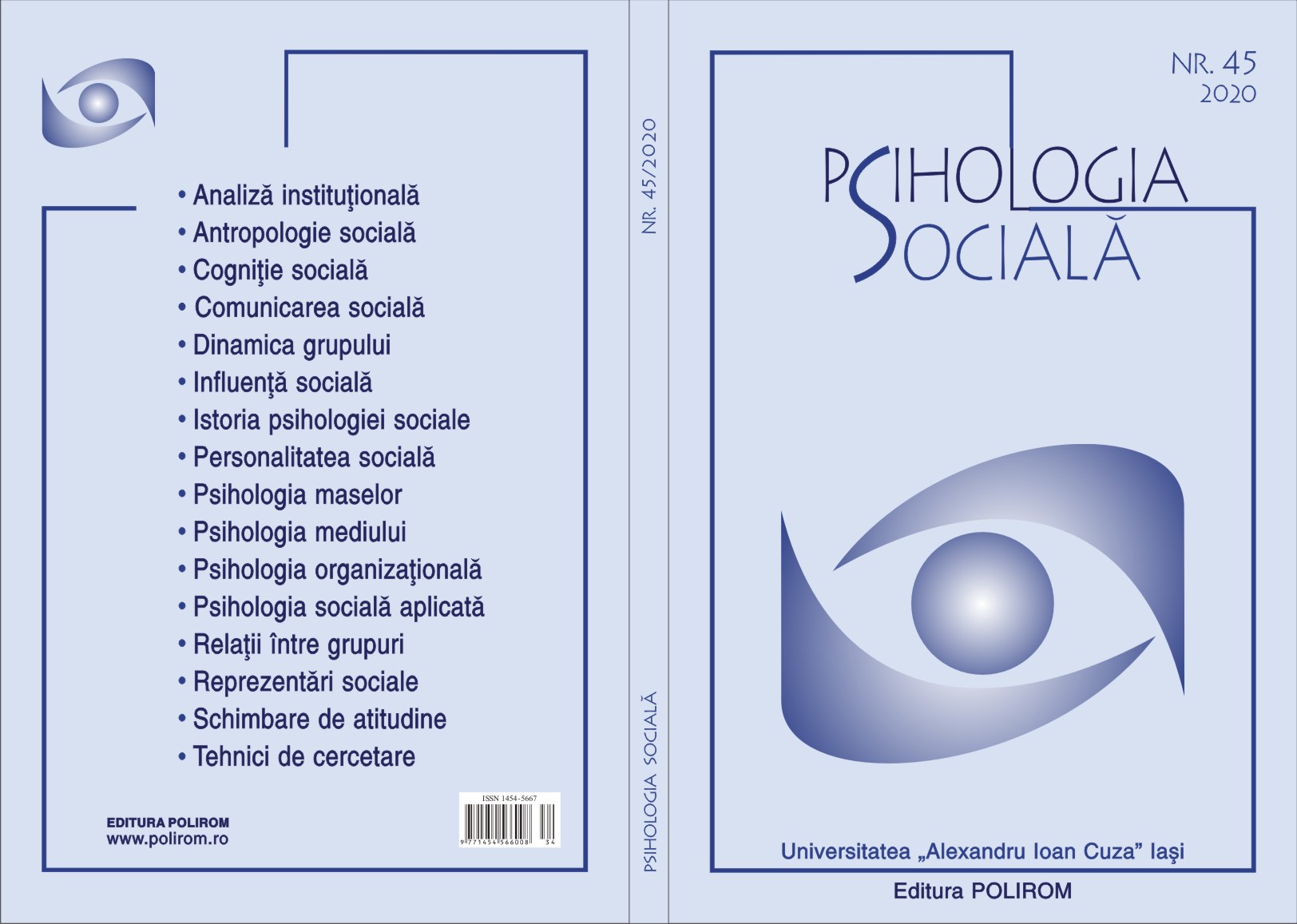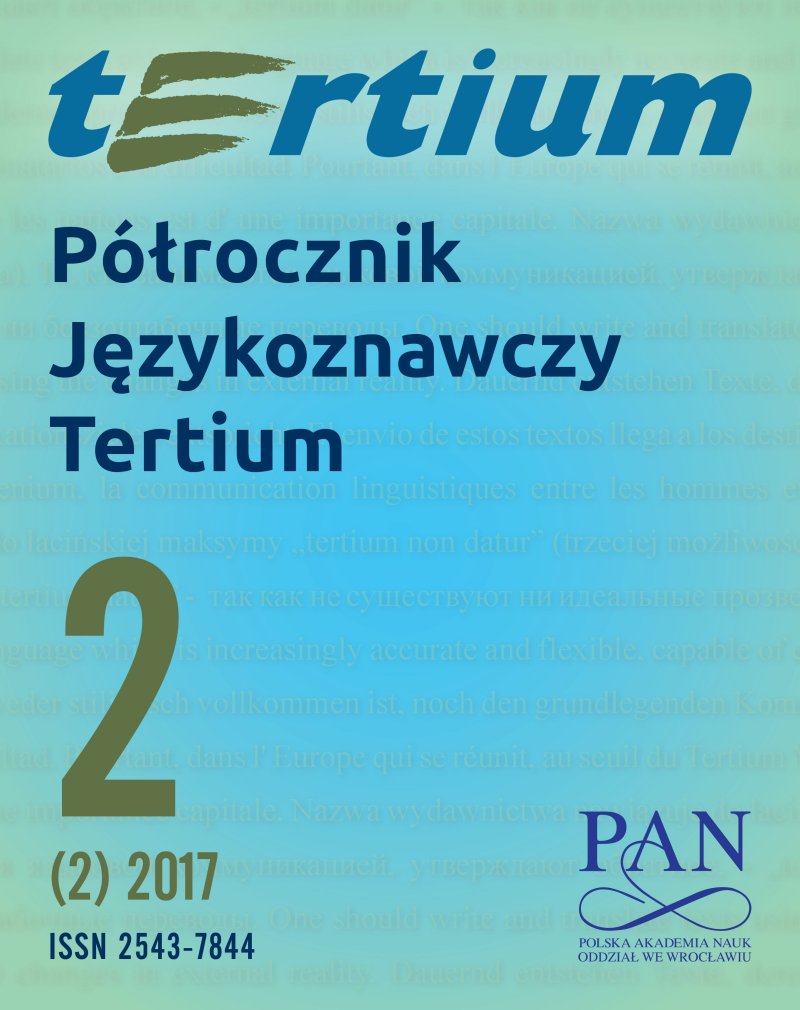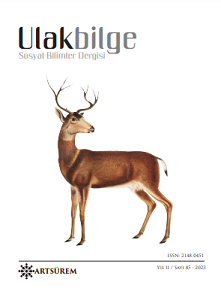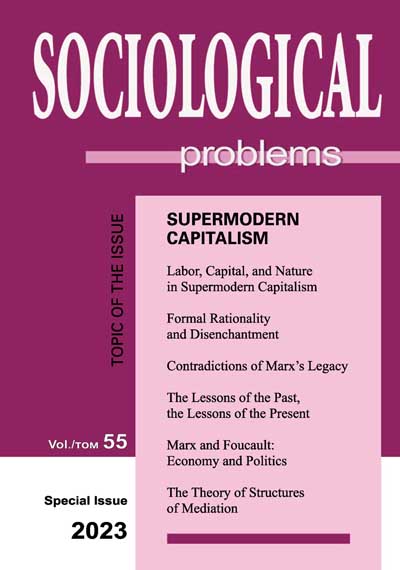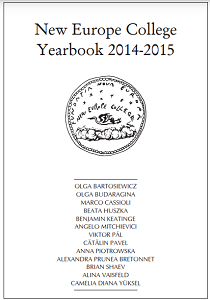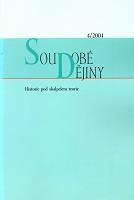
The Arrival of Foucault in Bohemia: The 'Archaeological' and 'Genealogical' Methods from the Perspective of an Historian
Foucaultův příchod do Čech „Archeologická" a „genealogická" metoda z perspektivy historika
The article seeks to characterize the 'archaeological' and 'genealogical' methods, as discussed and practised by the French thinker Michel Foucault in his renowned works from the 1960s and 1970s. It considers Foucaulf s treatment of history, from the early attempt to identify within it the 'other' (hidden) history, which was not written by sovereign Reason (Histoire de lafolie a I'dge classique [1961 and 1972]). He tries to understand and define 'archaeological' as a method of revealing the discursive structu¬res and epistemes of contemporaneous knowledge beginning with the era of the Enlightenment (Les Mots et les choses [1966] and I'Archeologie du savoir [1969]); and eventually also the 'genealogical' as a means of analysing knowledge and power (Sur-veiller etpunir [1975]). Apart from the chief works named here, the article also consi¬ders Foucault's shorter essays and interviews. It tries as well to state ways in which Foucault's concepts can be an inspiration to Czech modern and contemporary history today.
More...
